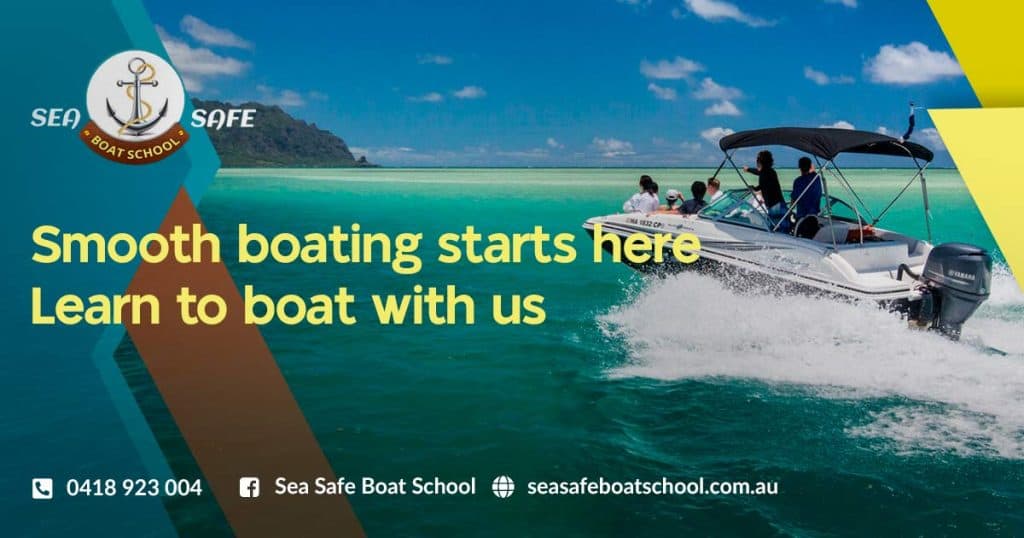Like Our Page :
Sea Safe Boat School
Arran
0429 146 201
Like Our Page :
Sea Safe Boat School
Arran
0429 146 201

There’s nothing quite like a day on the water with family—feeling the fresh sea breeze, enjoying the open waters, and making unforgettable memories. But while boating is a fantastic way to spend time together, it also comes with its risks, especially when children are involved.
As a parent, ensuring your family’s safety on board should be a top priority. A simple oversight, such as forgetting life jackets or not checking the weather, can quickly turn a pleasant trip into a dangerous situation. That’s why having a comprehensive boating safety checklist is essential.
In this guide, we’ll walk you through the must-have safety essentials to ensure a smooth and secure boating experience with your family. Plus, we’ll explain why obtaining a Skippers Ticket is a vital step for responsible boating.
Before you even step onto the boat, take a few minutes to go through this pre-departure safety checklist. Preparation is the key to preventing accidents on the water.
The weather can change quickly at sea, and rough conditions can be dangerous, especially with kids on board. Always check the Bureau of Meteorology (BOM) forecast before heading out. Look for any warnings related to strong winds, tides, or storms that might affect your trip.
A faulty engine or a leaking hull could leave you stranded. Conduct a thorough check of your vessel, ensuring that:
Inform a friend or family member about:
If anything goes wrong, this information will help rescue teams find you faster.
Running out of fuel is a common cause of boating emergencies. Follow the 1/3 rule:
Ensure your battery is fully charged before departure.
Carrying the right safety equipment is not just good practice—it’s the law in Australia. Here’s what you must have onboard:
By law, children must wear properly fitted life jackets (PFDs) while on board. Make sure:
Accidents can happen anywhere, so a well-stocked first aid kit is a must. Include:
Pro Tip: Store safety gear in an accessible location so you can grab it quickly if needed.
Children and adults alike should follow basic boating safety rules to reduce risks on board.
Even experienced boaters can fall overboard. Make sure your family knows what to do:
As a parent and skipper, you are legally responsible for the safety of your passengers.
A Skippers Ticket is more than just a legal requirement—it ensures you have the knowledge and skills to handle a boat safely. Parents who complete this course:
If you haven’t got yours yet, now is the time! Sign up for a Skippers Ticket Course here and ensure you’re fully prepared for family boating adventures.
Boating is a fantastic way to bond with your family, but safety should never be an afterthought. By following this checklist for boat safety, you can enjoy your time on the water with peace of mind.
Key Takeaways:
Ready to Become a Confident & Responsible Boater?
Enroll in our Skippers Ticket Course today!

Stay safe, boat smart, and enjoy the water with confidence!

Mike Watson, chef instructor of Sea Safe Boat School, has over 35 years of sea-going experience. Starting his maritime journey at 15 in Grimsby, England, he's sailed locations like Iceland and Greenland. Certified as a Master-5 Trainer, Mike is now dedicated to offering courses to those pursuing their recreational skippers ticket in Perth.
Copyright all rights reserved © Sea Safe Boat School. Website by Selling Online Made Simple. Sitemap.